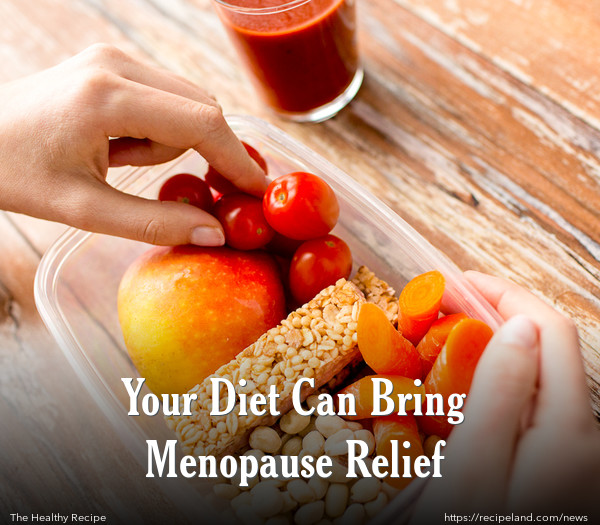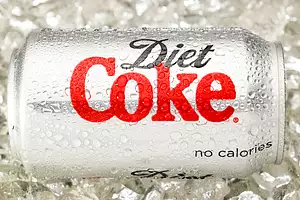As you experience menopause, are there changes you need to make to your diet? Are your nutritional needs different than they were during your child-bearing years? After menopause, will it be harder to maintain a healthy weight? Many women have these concerns as they enter this new phase of their lives.
The SingHealth website explains menopause as, “Starting from puberty, a woman’s body undergoes a gradual biological process which leads eventually to the end of her menstruation. When a woman has not menstruated for a year, her menopause is considered to have completed...This usually happens around age 50. However, just as puberty starts at different ages for different people, so too the start of menopause.”
During menopause, women may experience irregular periods, night sweats, hot flushes, poor sleep, body aches, gas, constipation, weight gain, moodiness, and changes in skin and hair. Some of these symptoms can be relieved through diet.
The Health Promotion Board of Singapore highlights two main areas of change for menopausal women that can be controlled through diet: weight gain and the risk of osteoporosis.
Your metabolism slows down during menopause, often leading to weight gain. Eating a healthy diet based on the Healthy Diet Pyramid will help you manage your weight. You should also keep an eye on how much and what kind of fat you eat. Swap saturated fats and trans fats for healthier fats like olive oil, canola oil, and those from fatty fish.
After menopause, your risk of developing osteoporosis increases. Osteoporosis occurs when calcium has been lost from the bones, leading to brittle bones that are easily broken. The Health Promotion Board recommends that menopausal women include between 1200 and 1500mg of calcium in their diet each day. Foods such as low-fat yoghurt, soy milk, low-fat cheese, leafy green vegetables, and sardines are excellent high-calcium foods to include in your diet.
In order to properly absorb calcium, the Health Promotion Board recommends that menopausal women under the age of 70 take in 400 IU of vitamin D and those over the age of 70 take in 800 IU. Do not take more than 4,000 IU of vitamin D. This high amount can lead to kidney damage and weakened bones.
Eggs, salmon and vitamin D fortified low-fat milk are all excellent dietary sources of vitamin D. The Health Promotion Board also suggests that you absorb vitamin D through sunlight. Spending 15 minutes each day in direct sunlight can help you lower your risk of developing osteoporosis.
Your doctor may suggest that you take calcium or vitamin D supplements if you are not able to absorb the recommended amounts through your diet. Even though these supplements are available over-the-counter, it is necessary to consult your doctor before adding them to your daily regime. For some people, taking calcium supplements can put them at greater risk for heart attack.
WebMD also makes these dietary recommendations for menopausal women:
-Eat at least 3 servings of foods that are high in iron each day.
-Make sure to include at least 21 grams of fibre in your diet each day.
-Enjoy a wide variety of fruits and vegetables.
-Read the nutritional labelling to choose the foods that are best for you.
-Make sure to drink plenty of water each day.
-Be conscious of your sugar and salt intake. Remember, a little goes a long way.
-Drink alcohol responsibly and in moderation.
Women who are experiencing hot flushes during menopause should avoid foods that are spicy, caffeinated beverages, and alcohol as these can trigger hot flushes.
SOURCES: https://www.singhealth.com.sg/PatientCare/ConditionsAndTreatments/Pages/Menopause.
aspx; https://www.osteoporosissoc.org.sg/#!vstc1=what-is-osteo










Comments